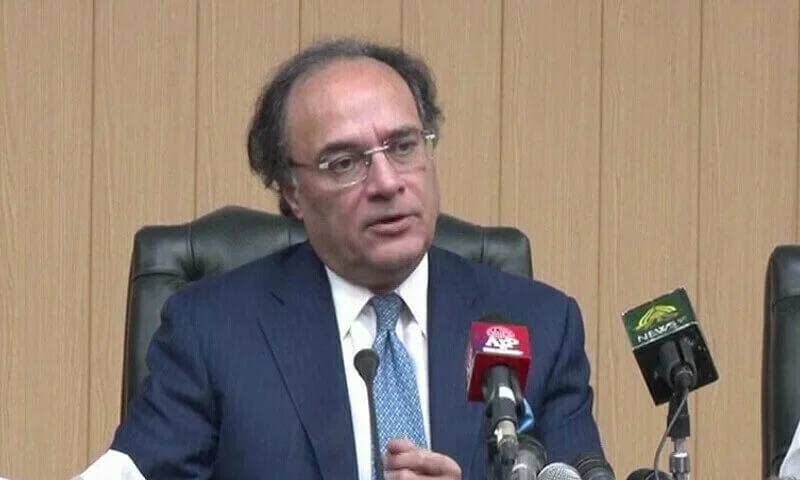In a press conference held in Islamabad on Thursday, Finance Minister Muhammad Aurangzeb shed light on the critical issue of tax evasion in Pakistan, emphasizing the need for a “war on tax fraud” to boost the country’s tax-to-GDP ratio.
Key Highlights of Tax Evasion:
- Sales tax evasion accounts for 50% of the estimated Rs7 trillion tax leakage
- Only 14% of companies are registered for tax purposes
- Major industries involved in tax fraud include steel, cement, battery, beverages, and textiles
- The government aims to increase the tax-to-GDP ratio to 13%
Breaking Down the Tax Evasion Landscape
Aurangzeb, accompanied by Federal Board of Revenue (FBR) Chairman Rashid Langrial, presented a detailed analysis of the tax evasion landscape:
- Sales Tax Evasion: Approximately Rs3.4 trillion, or 50% of the total tax leakage, is attributed to sales tax evasion.
- Income Tax Evasion: Previously reported at Rs1.3 trillion.
- Company Registration: A mere 14% of companies are registered, highlighting a significant gap in the tax net.
Common Tax Evasion Techniques
The Finance Minister outlined several methods employed by companies to evade taxes:
- Misreporting of turnover and input claims
- Issuing fake invoices for supplies
- Failure to report “agency function” taxes to the government
- Claiming high ratios of input tax to reduce overall tax payments
Appeal to Corporate Management Regarding Tax Evasion
Aurangzeb made a direct appeal to the management of large companies involved in tax evasion, urging them to fulfill their obligations to all stakeholders, including the government. He emphasized the importance of justifying their actions to those they owe, including tax authorities.
Consequences of Tax Evasion
The Finance Minister reminded companies of the serious repercussions of tax evasion under Section 37-A, which include:
- Potential arrests
- Imprisonment for those found guilty
The Path Forward to Combat Tax Evasion
Aurangzeb stressed the need for a fact-based discussion to address tax evasion effectively. He highlighted that the current tax burden falls primarily on the salaried and manufacturing classes, calling for a more equitable distribution across all sectors.
“It is important that we take you all on board and have a fact-based discussion,”
Aurangzeb stated.
“This is not a 10,000 feet level discussion this is not an emotional discussion.”
The government’s ultimate goal is to create a fair tax regime where every sector plays its part in contributing to the nation’s economic growth. By tackling tax fraud head-on, the administration aims to increase the tax-to-GDP ratio to 13%, a move deemed crucial for Pakistan’s long-term economic sustainability.
As the government intensifies its efforts to combat tax evasion, businesses across Pakistan are being called upon to reassess their tax compliance strategies and contribute their fair share to the national exchequer. The coming months are likely to see increased scrutiny and potential legal actions against those found to be engaging in tax fraud.

